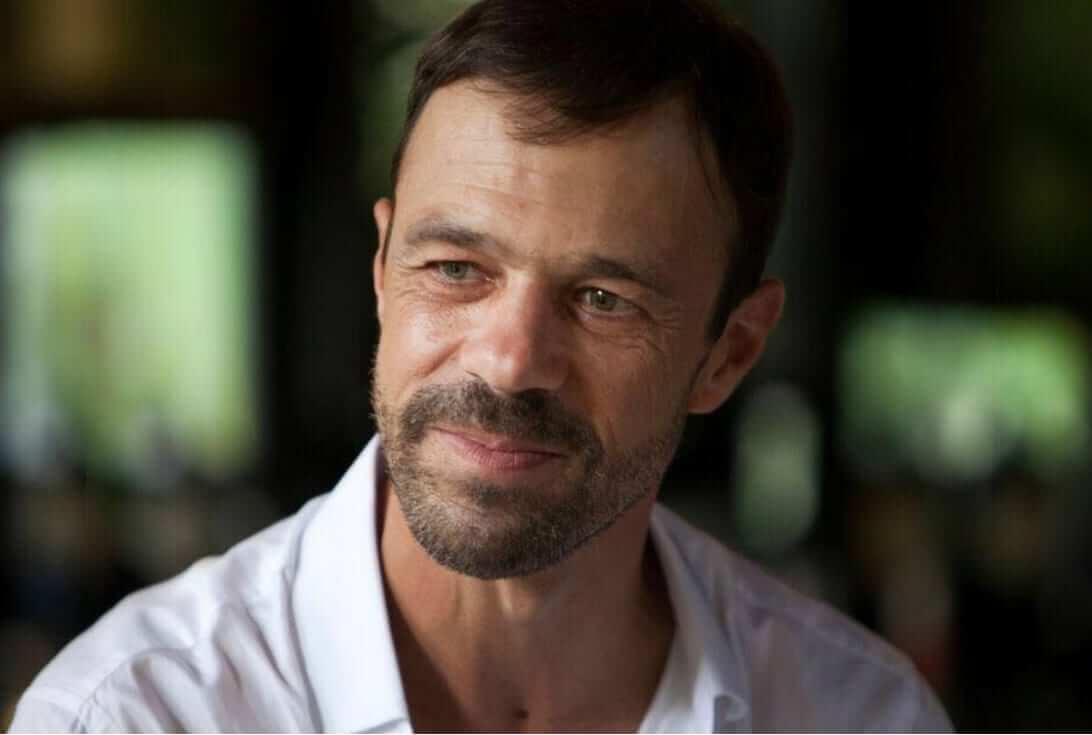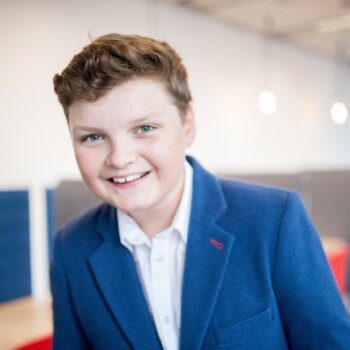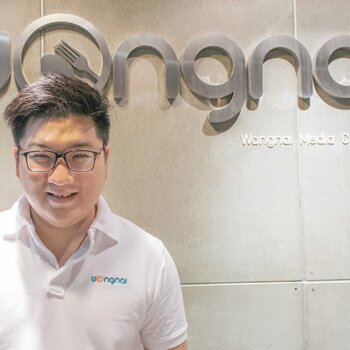Arnaud Provides Strategic Business Development for Beauty Brands
What’s your story?
I graduated from HEC Paris in 1993. I then took a PhD in Musicology at the Sorbonne University while working as an organist and harpsichordist, and had the privilege of taking part in the creation of the Center for Baroque Music in Versailles. In 1996, I joined L’Oreal, and after spending another 6 years in Paris, I moved to Asia. I have almost continuously worked in this region since then. I left L’Oreal in 2012 and joined Unilever where I soon became global head for Pond’s. After 4 years in this role I decided to create my own business, and Brand@Work was created with 2 partners. We do outsourcing of business development for beauty brands in Asia.
What excites you most about your industry?
The mix of emotional and functional benefits linked to beauty where every product can be described for its functional benefits, but in the end, is purchased for emotional reasons. I also like the rhythm of change that makes any new product always possible to improve, as well as the dynamic environment of ever present challenges to company leaders.
What’s your connection to Asia?
I lived in Malaysia between 1977 and 1981 and always wanted to return. Since 2002, I’ve lived almost continuously in Asia, it’s where I spend most of my holidays. I love it because Asia as a whole doesn’t exist, the diversity of religions, philosophies, cultures, food and landscapes make this diverse continent fascinating to me.
Favourite city in Asia for business and why?
Cities in Asia change fast, no favourite lasts forever! I loved Shanghai, a land of opportunities where everything was possible, and walking out of your home every morning was a promise for surprises, good and bad. I am very happy that I created my company in Singapore, where almost everything is possible. It is a hub that connects places and people making business development more effective.

What’s the best piece of advice you ever received?
Know yourself.
Who inspires you?
Artists who break boundaries. They are the ones who truly innovate and change the world.
What have you just learnt recently that blew you away?
After years of worshipping capitalism, free trade, and “the invisible hand,” organisations are realising once again that only state money is capable of saving economies during severe crises. Most of the time, lessons learnt are forgotten in a few months. That was the case with the bank failures that led to our last crisis. I hope the lessons we learn during the Covid-19 crisis last longer, and that we start changing, for good, our attitudes and beliefs.
If you had your time again, what would you do differently?
Pursue my passions with more assiduity, be less impatient with more perseverance.
How do you unwind?
I like to go sailing or listen to music.
Favourite Asian destination for relaxation? Why?
I enjoy Diving in Raja Ampat, Indonesia, or Siem Reap, Cambodia because of the beauty of these places.
Everyone in business should read this book:
I think people ought to read to open their minds, and read whatever they like.
Shameless plug for your business:
What makes us most efficient is connecting the best people in different fields to develop our clients’ businesses.
How can people connect with you?
Surprise me with a passion!
Go to my LinkedIn account 🙂
—
This interview is part of the ‘Callum Connects’ series of more than 500 interviews

Callum Laing is an entrepreneur and investor based in Singapore. He has previously started, built and sold half a dozen businesses and is now a Partner at Unity-Group Private Equity and Co-Founder and CEO of MBH Corporation PLC. He is the author of three best-selling books ‘Progressive Partnerships’, ‘Agglomerate’ and ‘Entrepreneurial Investing’.
Connect with Callum on Twitter and LinkedIn
Download free copies of his books at www.callumlaing.com





























